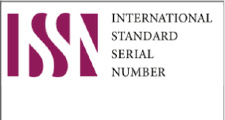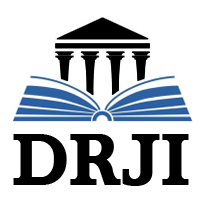The Western Discourse of Muslim Identity Crafting a Communication Strategy to Address Islamophobia
Keywords:
Muslim Identity, western media, Communication Strategy, Islamophobia, Western DiscourseAbstract
Muslim identity is a highly contested concept in contemporary time, predominantly framed in religious terms. Fear, orthodoxy, radicalism, irrationality, and Islamization are few commonly used words to depict Muslims in public discourse. Additionally, Islamophobia has also emerged as an offshoot challenge exacerbating the complexities of Muslim identity. Despite Muslims coming from diverse ethnic and cultural backgrounds, their portrayal is often limited to being seen solely as a religious community. This narrow framing of Muslim identity neglects other significant aspects such as culture, ethnicity, language, and sects, thereby limiting their opportunities for integration, and exposing them to Islamophobia particularly in secular societies. The literature examined in this research indicates that the absence of a cohesive and comprehensive identity, as well as, the lack of an effective communication strategy, has made Muslims vulnerable to the influence of Western narratives amplified through media, literature and public discourse. Diminishing Muslims’ political and social standing as respected and trustworthy members of society. The objective of this research is to stimulate discussion to address Western discourse of Muslim identity and to craft a Strategy to address Islamophobia within theoretical framework of Persuasion and Communication theory.























